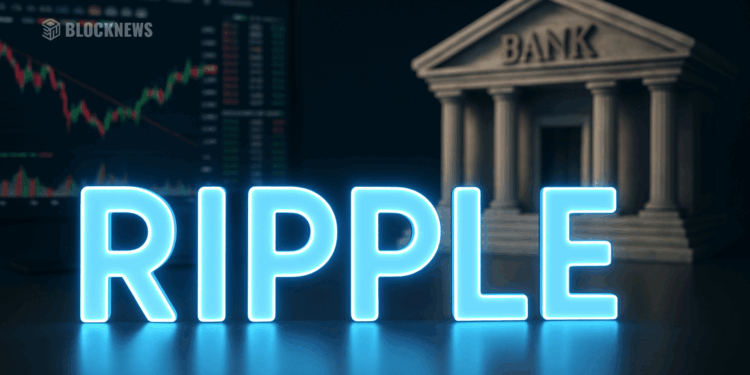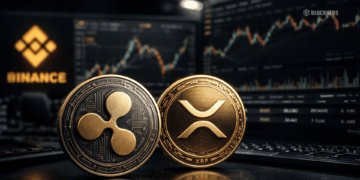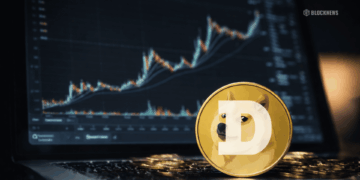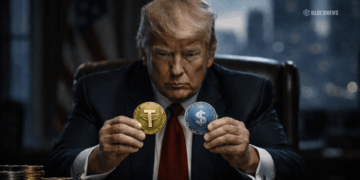- Ripple Labs has applied for a U.S. National Bank Charter, a move that could legitimize its role in traditional finance.
- Major banks like Bank of America, Standard Chartered, and SBI Holdings already use Ripple’s payment services, boosting XRP’s long-term potential.
- If approved, the license could spark a bullish wave for XRP, positioning it as a leading blockchain asset for global payments.
Ripple Labs is making a huge move that could change everything for its future. Reports say the company has formally applied to US regulators for a National Bank Charter — basically, the license that allows a financial institution to operate as a full-scale bank. It’s granted by the Office of the Comptroller of the Currency (OCC), and it gives firms the authority to accept deposits, issue loans, and play directly in the heart of the financial system.
If Ripple actually secures this license, it wouldn’t just add credibility — it would put the company right on Main Street alongside traditional banks. That sort of development could seriously boost investor confidence, and by extension, create a bullish environment for XRP itself.
Why Ripple’s XRP Could Be the Big Winner
Unlike most cryptocurrencies that rise and fall purely on hype, Ripple has carved out a role in the real financial world. Heavyweights like Bank of America, Standard Chartered, and SBI Holdings already use Ripple’s payment services for cross-border transactions. Sure, Ripple tech only powers under 10% of total transactions globally right now, but that’s still a big deal when you consider the size of the industry.
If Ripple can scale this up and attract more banks, XRP becomes more than just another token — it becomes a backbone for international money movement. That’s why analysts argue the National Bank Charter, if approved, could be the trigger for XRP’s long-term bullish thesis.
Blockchain Payments vs. Old Finance
Even though traditional payments still dominate, blockchain tech is creeping into the system faster than many realize. The reasons are simple: lower fees, seamless settlement, and the benefit of an immutable ledger that can’t be tampered with. For banks, governments, and fintechs alike, blockchain is starting to look less like an experiment and more like an upgrade.
Ripple has a long road ahead to achieve full global adoption. But if its strategy plays out, XRP could end up being one of the few cryptocurrencies with genuine, large-scale utility. That’s why some investors are already positioning themselves — with the mindset that holding XRP for a decade or more might deliver serious portfolio returns.














